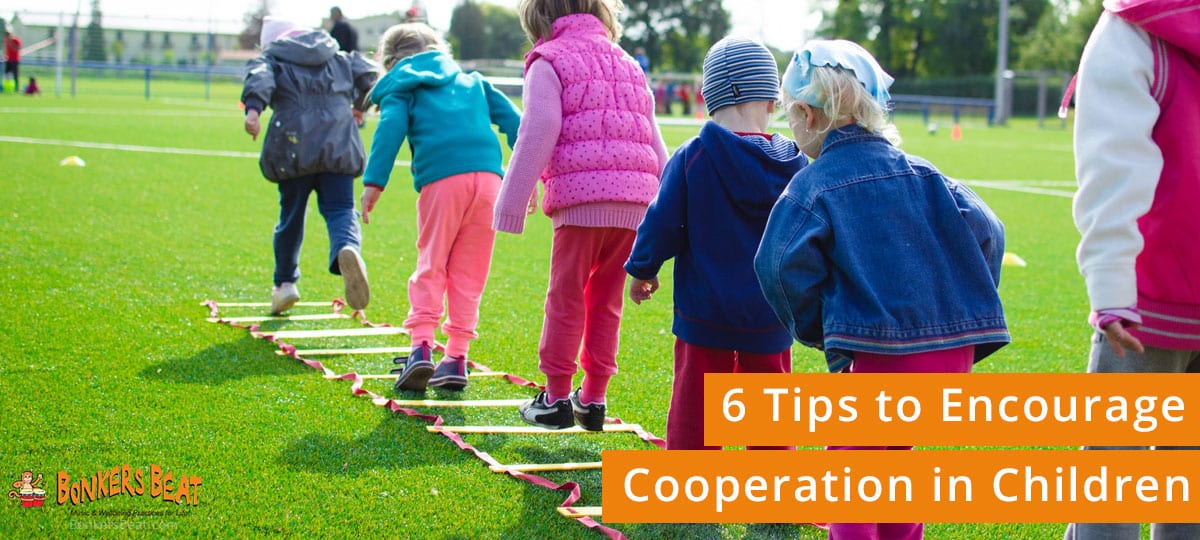They say ‘never work with children’ don’t they, but for early childhood educators we just love it! However, no matter how much we adore working with children, lack of cooperation can be frustrating.
Often uncooperative behaviour is noticeable early in the year when everyone is still settling in, but with a few strategies in place and the right attitude you can really get some cooperation happening in your room quite quickly!
Try out these six tips and see how you go!
1. Focus on what they CAN do
Often we will focus on telling children what they aren’t allowed to do or have to stop doing. Instead of saying ‘Don’t do that’ or ‘Stop that’, shift the focus on to what children are allowed to do. Instructions and expectations should be simple and clear. Focus instructions on what you want the child to do: rather than saying ‘Don’t run’, you could try ‘Do your best walking’.
2. Role model cooperative behaviour
Children frequently learn from what they see and hear, so ensuring that your team is effectively role modelling cooperation is essential. Showcase positive and cooperative behaviours, such as sharing, as often as possible. Little things like saying ‘please’ and ‘thank you’, and using an appropriate tone of voice for example.
3. Offer choices
Offering choices gives children the impression that they are having a say in what they are doing which in turn makes them more likely to cooperate. Giving them a choice between crayons or markers to create a piece of art. Let them decide whether to put jackets or hats on first before heading outside to play. Little choices empower children and go a long way.
4. Praise and reward specific behaviour
When you see a child doing what they have been asked to do, or simply doing the right thing, be sure to praise them. When doing so, make it specific, such as ‘Well done on sharing the pink pencil with someone who needed to borrow it’. You may like to have a reward system for good behaviours too. We want cooperative to equate to fun!
5. Consider the child’s feelings
Children are very sensitive to what’s happening in their lives or around them. When responding to a child who is behaving in an uncooperative way, consider first why this may be. Did they skip naptime and are tired? Did they eat properly at lunch? Could something environmental or sensory have upset them? Are there issues they are facing in their home lives? Acknowledge the child’s feeling and then choose your technique to handle it, whether it’s distraction, a quiet moment to talk about feelings or something else.
6. Be patient
Young children still have a lot to learn in the big, wide world and learning to cooperate, listen effectively and share every time can take time. In fact, I’m sure we could even think of a few adults who are still working on these life skills! With patience and our other tips, you are well on your way to helping children learn to be cooperative.





